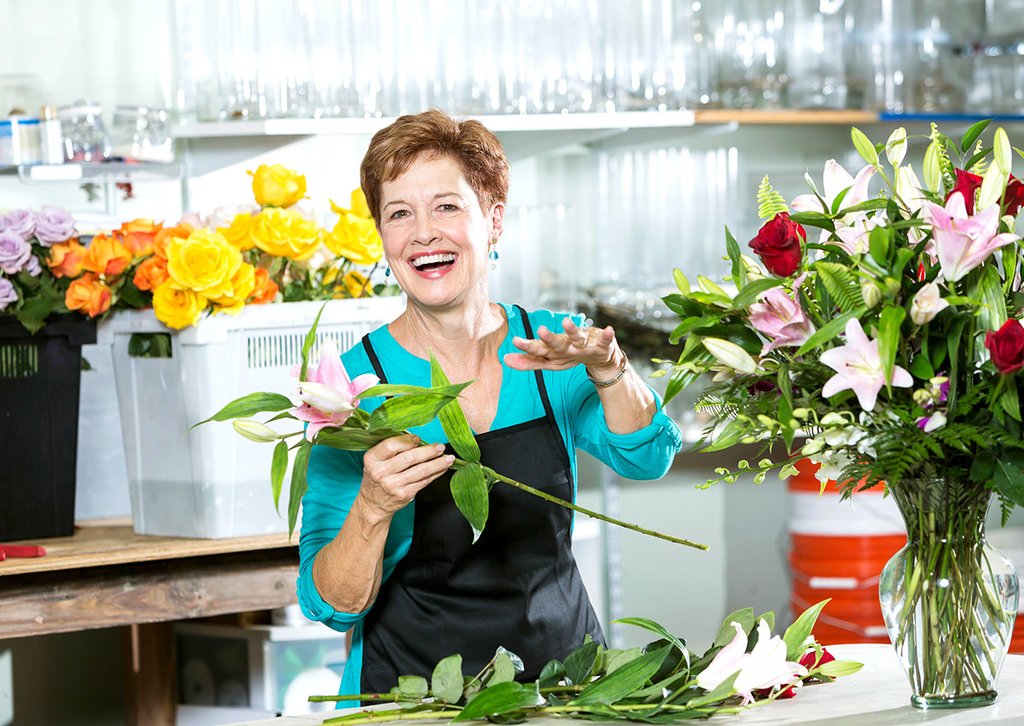The capital of the province of 100,000 lakes and rivers is one of this country’s sunniest cities—and it has a lot to offer
By Wendy Haaf
If all you know of Regina is an old joke spoofing the topography of south central Saskatchewan (“There’s lots to see: there’s nothing to block your view”), keep reading: the Queen City has a resplendence of riches to offer retirees, starting with a plenitude of cultural, educational, and recreational diversions.
And as for that purportedly boring terrain, if you’re willing to explore the province of 100,000 lakes and rivers just a little, you’ll find some of Canada’s most diverse landscapes, from boreal forest and the highest point between Labrador and the Rockies to the world’s largest northerly sand dunes and the hills and cliffs around the near-ghost town of Uranium City. And that’s to say nothing of Regina’s more than 350,000 hand-planted trees and the living skies above one of the country’s sunniest cities.
With a population of 230,725, Regina lacks the rat-race feel of large cities (in fact, getting around is so convenient that many workers go home for lunch), but its status as a provincial capital and a hub of higher education contributes to an outsized selection of amenities and services. Compared to many centres, housing there is affordable: in April 2019, the composite benchmark price—a more accurate measure of trends than the median price—was just $262,200.
“We have access to excellent medical services—we have two major hospitals—we’ve got a decent airport, the bus service is good, infrastructure is very good, and there’s excellent shopping and all kinds of facilities for recreation, culture, and the arts,” says Ken Lozinsky, a board member of the Saskatchewan Retirees Association. “It offers people like me everything we could ever require.”
Take physical recreation. At leisure centres, arenas, pools, and golf courses (of 18, four are city-owned) throughout Regina, you can take part in any number of activities.
“You can walk or bike from one end of the city to the other on multi-purpose paths,” says Randy Dove, the president of the Saskatchewan Seniors Mechanism, a non-profit that, among other things, advocates for older adults in the province, where the rate of people living past 100 is the highest in Canada. “And the city clears some of the paths in the winter, so if you’re inclined to walk every day, you easily can.”
At Wascana Centre, which, at 930 hectares (2,300 acres), is an urban park larger than both Stanley Park and Central Park, you can row, canoe, kayak, play tennis, cross-country ski, stroll on lakeside trails, and glimpse wildlife in the habitat conservation area, all in the heart of the city. Also on the grounds are the provincial legislative building, the Saskatchewan Science Centre, the Royal Saskatchewan Museum, the MacKenzie Art Gallery (one of Western Canada’s premier galleries), and the Conexus Arts Centre (a concert and performance venue).
Other arts and culture highlights include Canada’s longest-operating symphony, two professional theatre groups, more than a dozen art galleries, an annual re-enactment of Louis Riel’s trial, and, thanks to famed homegrown designer Dean Renwick, the only fashion week in a mid-sized Canadian city. (Members of acting royalty who have lived in the Queen City include Shirley Douglas, John Vernon, and Leslie Nielsen. Regina also counts several authors among its residents, including Gail Bowen.) And Mosaic Stadium, the new world-class home of the Roughriders, brings in blockbuster acts such as the Eagles.
With some of pro football’s most ardent fans, “the Riders are a big part of Regina’s culture,” Lozinsky says. But while football may be king, it’s not the only game in town: there’s junior ice hockey (the Regina Pats) and collegiate baseball (the Regina Red Sox), too.
With a seemingly endless roster of festivals, the city showcases everything from folk, jazz, blues, and country music (Craven Country Thunder Saskatchewan attracts some of North America’s top acts) to artisanal wares, literary arts, and Indigenous storytelling. Two standouts: Mosaic (a three-day event where you can sample drink, dance, music, and displays at pavilions representing cultures that reflect the city’s increasingly diverse citizenry) and the First Nations University of Canada Annual Spring Celebration Powwow, which draws thousands of visitors.
Architectural enthusiasts will appreciate Regina’s numerous historic places, such as Government House (originally constructed for the Lieutenant-Governor of the Northwest Territories), the RCMP Academy Depot Division (where, since 1885, every member of our national police force has trained), Stone Hall Castle (a medieval replica built by a local real estate magnate to appease his terrified wife following the 1920 cyclone), and Casino Regina (the former Union Railway Station, now restored to its early 20th-century glory, right down to the hand-carved woodwork, stained glass, and original art deco chandeliers).
Those interested in horticulture, agriculture, and livestock can visit the Regina Floral Conservatory (“When it’s -35 degrees and you walk in there, it’s like a little piece of heaven,” says Charlotte Dusyk, a retiree and long-time resident of the city), the renowned Canadian Western Agribition (featuring cattle, horses, bison, sheep, alpacas, and dogs), and the Queen City Ex (a summer agricultural exhibition that also attracts musical performers such as Tom Cochrane). And when you’re in the mood for a leisurely outing, there’s the Warehouse District, which features a variety of shops and restaurants, and the farmers’ market on City Square Plaza, where you can nibble Nepalese and Chinese delicacies while listening to live music on Saturday mornings from May to October.
Learning opportunities are similarly plentiful. “Community centres across the city offer lots of instructional programming,” Randy Dove says, while nine public library branches feature classes and workshops on wide-ranging topics such as COPD management, personal finance, and conversational French. Students aged fifty-plus pay just $65 to $85 per course at the University of Regina’s lifelong-learning centre, which also features presentations on topics such as cybersecurity and hosts an intercultural grandmothers’ group.
All in all, Ken Lozinsky says, “Regina is a great place to live.”
Photo: Jenn Nelson.






